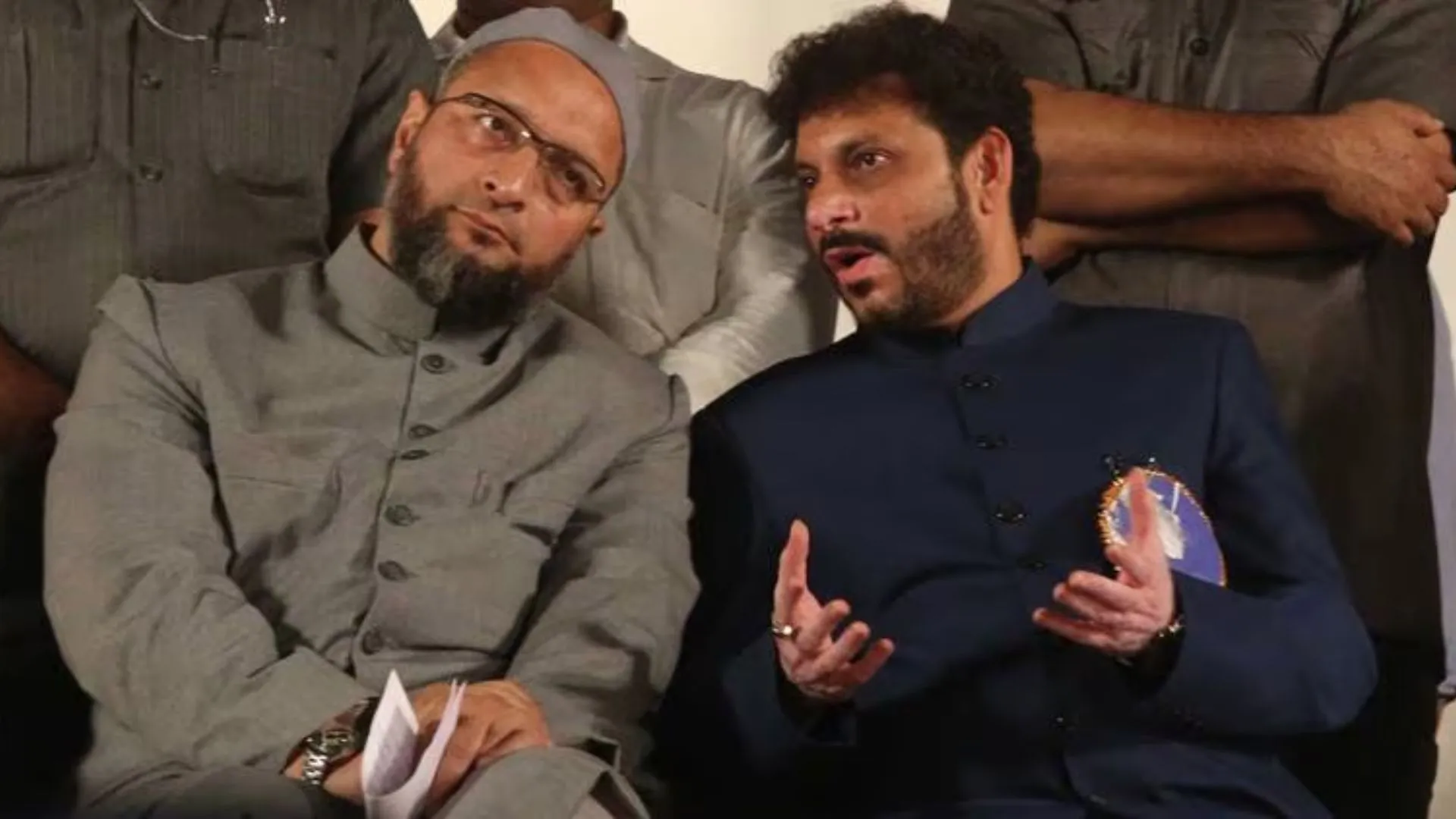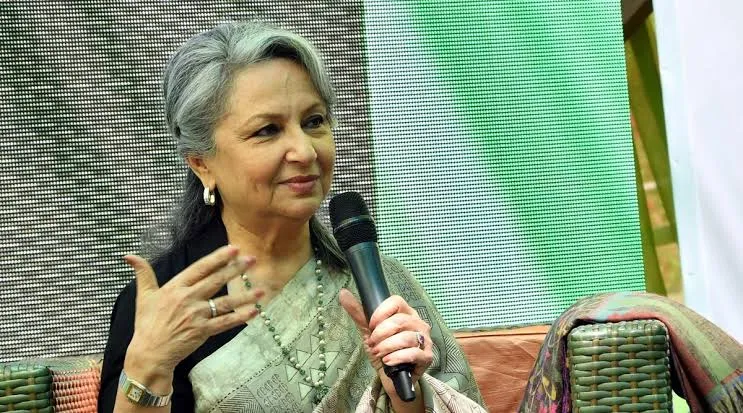On Saturday, Hezbollah launched a salvo of missiles at an Israeli military base, marking a significant escalation in the ongoing conflict between Israel and Hezbollah. The strike occurred on Yom Kippur, the holiest day in the Jewish calendar, while Israel was engaged in combat with militants in both Lebanon and Gaza.
Tensions on the Northern and Southern Fronts
As Israelis observed Yom Kippur with fasting and prayer, cities across the country remained quiet with public transport and markets halted. However, Israeli troops were active, fighting on both the northern and southern borders. The air was tense with diplomatic fallout over recent incidents involving United Nations peacekeepers in Lebanon.
Hezbollah claimed responsibility for the missile strike, targeting an explosives factory south of Haifa, a coastal city in northern Israel. The group stated that the attack was aimed at disrupting military infrastructure in the region.
UN Peacekeepers Injured Amid Rising Violence
In the hours before the Yom Kippur holiday, air raid sirens sounded in northern Israel, signaling continued tensions. The Israeli military intercepted a projectile launched from Lebanon, but the situation quickly escalated with the wounding of four UN peacekeepers in Lebanon. Two Sri Lankan peacekeepers were injured on Friday when Israeli forces responded to what they described as an “immediate threat” near a UN peacekeeping post.
This incident sparked widespread international condemnation. UN Secretary-General António Guterres called the firing on peacekeepers “intolerable” and a violation of international law. French President Emmanuel Macron and British officials also expressed concern, with US President Joe Biden calling for an end to the targeting of UN peacekeepers.
Hezbollah and Israel Continue to Exchange Fire
The situation along Israel’s northern border with Hezbollah has been particularly volatile, with the Israeli military carrying out extensive airstrikes and deploying ground troops. Hezbollah, which has suffered significant losses in leadership to Israeli strikes, remains committed to its stance against Israel, particularly following the events of October 7, 2023, when Hamas’s attack on Israel prompted retaliatory strikes.
Meanwhile, the conflict in Gaza continues, with Israeli airstrikes hitting various targets. The situation in Gaza remains dire, with over 40,000 reported casualties since the escalation, according to Gaza’s health ministry.
Calls for a Ceasefire
Despite ongoing diplomatic efforts, the violence shows little sign of abating. Lebanese Prime Minister Najib Mikati announced plans to appeal to the UN Security Council for a resolution calling for a full and immediate ceasefire. However, the complex dynamics of the Israel-Hezbollah war, compounded by regional tensions and the involvement of Iran, make a swift resolution unlikely.
In the wake of the missile strikes, attention is also shifting to potential retaliation against Iran, which launched missiles at Israel earlier this month, further raising the stakes in the already volatile region.
(INCLUDES INPUTS FROM ONLINE SOURCES)
ALSO READ: Data Debunks Trump’s Claims: Migrants Not Taking ‘Black’ Or ‘Hispanic’ Jobs






















